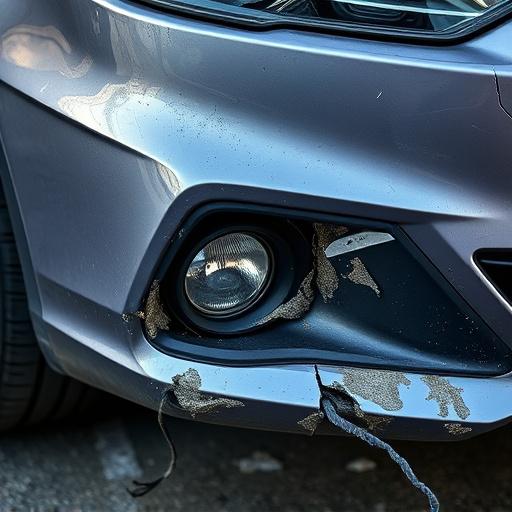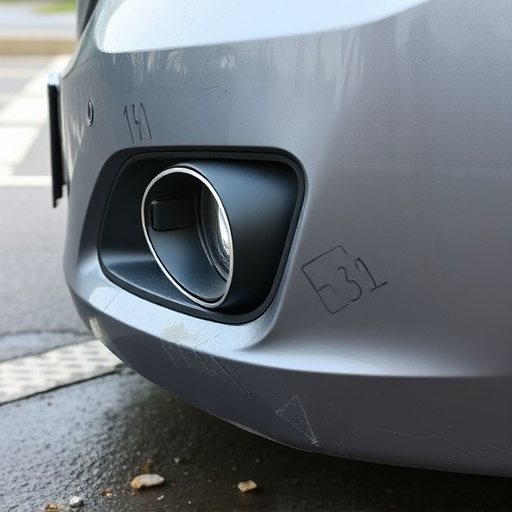A Customer Satisfaction Guarantee (CSG) is a powerful tool for businesses aiming to build strong client relationships and boost brand loyalty in competitive markets like collision repair, car restoration, and scratch repair. A well-designed CSG strategy involves clear communication of policy terms, consistent quality control, and prompt after-sales support. By gathering and analyzing customer feedback, businesses can optimize their CSG to address pressing concerns, deliver seamless experiences, and encourage repeat business through positive word-of-mouth referrals.
A customer satisfaction guarantee (CSG) is a powerful tool for fostering repeat business. In today’s competitive market, ensuring customer happiness isn’t just desirable—it’s essential for long-term success. This article explores how CSGs increase return rates and offers insights into their core components and measurement strategies. Learn how to implement an effective CSG strategy that drives customer loyalty and boosts your bottom line.
- Understanding Customer Satisfaction Guarantee (CSG)
- Key Components of an Effective CSG Strategy
- Measuring and Optimizing Repeat Business Through CSG
Understanding Customer Satisfaction Guarantee (CSG)

A Customer Satisfaction Guarantee (CSG) is a powerful tool that businesses use to ensure client satisfaction and build long-term relationships. It’s essentially a promise to customers, guaranteeing that they will be happy with the products or services provided. This assurance goes beyond standard warranties, focusing on delivering exceptional experiences that meet or exceed expectations.
For businesses offering services like car repair, auto painting, or car scratch repair, a CSG demonstrates commitment to quality and customer care. It encourages clients to return for future repairs, confident in the knowledge that their satisfaction is assured. By prioritizing customer happiness, these guarantees foster trust, enhance brand reputation, and ultimately drive repeat business rates higher.
Key Components of an Effective CSG Strategy

A robust Customer Satisfaction Guarantee (CSG) strategy is pivotal for fostering repeat business in any industry, especially in sectors like collision repair shops or car restoration studios where quality and trust are paramount. The key components of an effective CSG strategy involve several strategic elements that work in harmony to create a positive customer experience.
Firstly, clear communication about the guarantee policy is essential. Customers should understand what is covered, the terms, and conditions associated with the guarantee. For instance, a car body shop might offer a lifetime guarantee on specific parts or services, clearly outlining exclusions and procedures for making claims. Secondly, consistent quality control measures ensure that the services provided meet high standards repeatedly. This involves well-trained staff, standardized processes, and regular quality checks to minimize errors and customer dissatisfaction. Lastly, prompt and efficient service after-sales support is crucial. Prompt repair or restoration, free of charge, when issues arise under the guarantee’s scope, significantly enhances customer loyalty and encourages repeat business.
Measuring and Optimizing Repeat Business Through CSG

Measuring customer satisfaction is a pivotal step in understanding how to optimize repeat business through a customer satisfaction guarantee (CSG). By collecting and analyzing feedback from clients who have availed of services like car damage repair or fender repair at a vehicle body shop, businesses can identify areas for improvement. This data-driven approach ensures that the CSG is tailored to address the most pressing concerns, thereby enhancing client loyalty.
Optimizing repeat business involves creating a seamless and satisfying experience from start to finish. For instance, in a car damage repair or fender repair scenario, efficient service, quality workmanship, clear communication about costs and timelines, and hassle-free pickup and drop-off can significantly boost customer satisfaction. Implementing these improvements based on feedback data not only increases the likelihood of clients returning but also fosters positive word-of-mouth referrals, attracting new business through satisfied customers’ networks.
A customer satisfaction guarantee (CSG) serves as a powerful tool to foster repeat business, creating a positive feedback loop that benefits both the customer and the company. By implementing an effective CSG strategy, businesses can significantly enhance their reputation, build long-term relationships, and encourage loyal customers to return. Understanding the key components of a robust CSG strategy, such as prompt response times, clear communication, and fair resolution processes, is essential to measuring and optimizing repeat business rates. In today’s competitive market, prioritizing customer satisfaction should be at the forefront of any successful business strategy.














